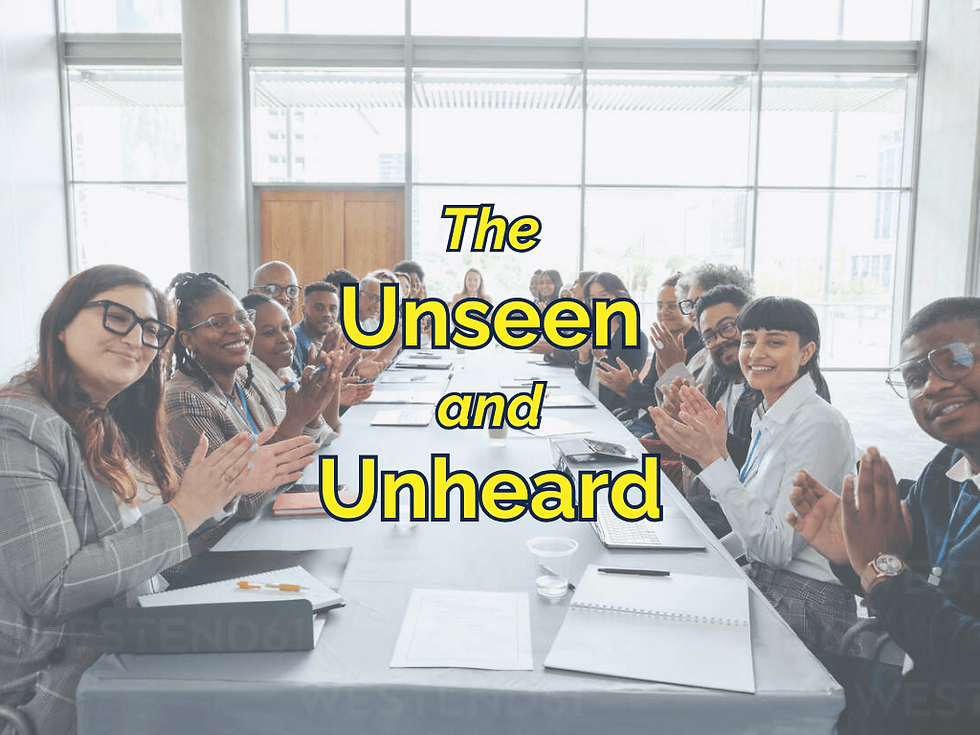Effective Communications Requires Treating Others the Way You Wish to Be Treated
- JD Solomon

- Mar 14, 2022
- 3 min read
Updated: Dec 2, 2022

Ethics significantly impact the direction and shape of communication and decision making. If you are a licensed engineer or licensed physician, your ethics are duty-based. This means that your primary duty is to public health, safety, and welfare above all other considerations.
Process matters because it is possible that some good decisions, especially those that are complex and contain high levels of uncertainty, may ultimately yield undesirable outcomes. Your duty is to provide all of the significant information to your decision maker when a decision must be made. In matters of life, death, and significant injury, you share all of the information with your decision maker just as you would want if the roles were reversed.
It Is Our Duty
Duty-based ethics is one reason we have all the long disclosures related to drugs and medical advice on television commercials. It is also why your physician or engineer babbles about all the numbers and decision options, even if you don't completely understand the technical details. They are treating you in the same way that they wish to be treated in the face of a decision under uncertainty.
Does the End Justify the Means?
Another form of ethics is consequences-based. In this way of thinking, the shared information is that which is most relevant to the decision at hand. The trouble is that someone must decide in advance what is important and what is not. In many ways, this is shaped by what the information provider, not the decision maker, considers to be a desirable outcome. The same people who came up with marginal utility theory also came up with consequence-based ethics. If the good outweighs the bad, then the information related to the bad is not so important. In other words, the ends justify the means.
If you follow politics and political decision making, you will see many examples of consequence-based ethics. Obamacare is an example I often use in workshops to stimulate people – there was no need to read or disclose all the details related to the bill because the desirability of universal health care was more important than all other issues. The comment is not intended to criticize one political party over another but simply to point out that many people in power believe that fulfilling their causes (the ends) justifies the incremental means of achieving them.
Absolute Right and Wrong
The third form of ethics is virtue-based. Aristotle described virtue as courage, temperance, liberality, magnificence, magnanimity, proper, ambition, patience, truthfulness, wittiness, friendliness, modesty, and righteous indignation, and vice as rashness, licentiousness, prodigality, vulgarity, vanity, ambition, irascibility, boastfulness, buffoonery, flattery, shyness, and envy. The Apostle Paul, in his letter to the Galatians, described good as love, joy, peace, patience, kindness, faithfulness, gentleness, and self-control. On the other extreme, he characterizes bad as fornication, impurity, licentiousness, idolatry, sorcery, enmity, strife, jealousy, anger, selfishness, dissension, party spirit, envy, drunkenness, carousing, and the like. In virtue-based ethics, there is an absolute right or wrong that should determine our decision making.
The issue with virtue-based ethics is that it is often difficult to determine absolute right and wrong when it comes to complex future events with high levels of uncertainty. Hopefully, that is revealed in the analysis, but of course, walking into the C-suite and explaining that some perspectives are "right” and others are “wrong” is a good way to get eliminated from the entire decision-making process.
Moving Forward
Think about your ethics the next time you decide what data points to exclude from your analysis or consider which information to share in your communication to decision makers. I take my stand on the side of duty-based ethics, regardless of whether I think it helps or hurts the outcome that I personally think is best. After all, it is not my decision to make. And if the roles were reversed, I would want others to treat me the same way I treat them.
The illustration “It Is My Duty” and excerpts from this article are taken from “Communicating Reliability, Risk and Resiliency to Decision Makers: How to Get Your Boss’s Boss to Understand.” The second edition will be released in June 2022. Sign-up for updates at Communicating with FINESSE.




Comments